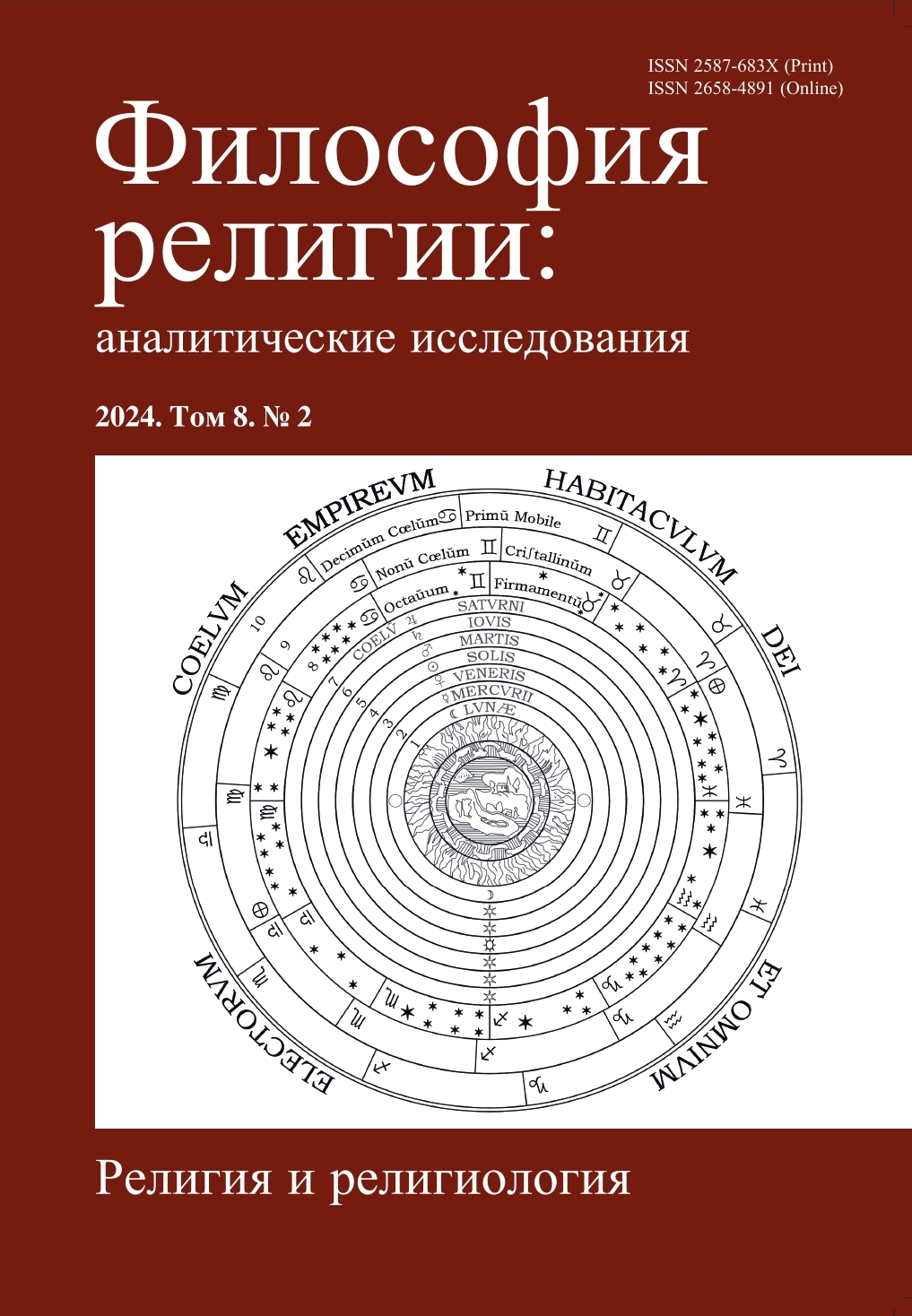Terminology Referring to “Religion” in Chinese Tradition: Linguistic-Semantic and Historical-Philosophical Analysis
DOI:
https://doi.org/10.21146/Keywords:
religion, religious tradition, sect, terminology, China, Confucianism, Buddhism, TaoismAbstract
The article provides a comparative linguistic-semantic and historical-philosophical analysis of the terminology used to define religion and religious phenomena in Chinese tradition. The author shows, there have historically been many different terms in China, each determining and describing religion in its own way: as a tradition of worshipping ancestral spirits and natural deities in family temples and on open altars, going back to an ancestor or original founder ( 宗 , zong); as a process of religious and ethical teaching and education ( 教 , jiao), consisting in the strict preservation and transmission of ancestral traditions; as a family or school (家, jia, 宗, zong), in which the living bond between teacher and students, older and later generations, is preserved; as a way (道, dao) leading to the knowledge of the First Principle of the universe; as a gate ( 门 , men), by which one enters and joins the religious tradition of ancestors or its founders; as an authoritative and original teaching (宗教, zongjiao), covering both common unchangeable foundations of religious tradition, and its private interpretations in various schools and sects. At the same time, these terms were often used together in different religious traditions in China and complemented each other. It is noted that the history of Chinese religious terminology clearly shows how Chinese culture not only gave birth to its own religions, but also embraced and assimilated other religious traditions, significantly transforming them in the process of “Cinization”. It has also been shown that the term 宗教 (zongjiao), secondarily borrowed in China in the end of the 19th century from the Japanese language and nowadays being a standard term for any religious tradition, was widely spread in Chinese Buddhism in the 6th–13th centuries; although later it was used to translate the Latin word religio, eventually acquiring the universal meaning of “religion”, but, at the same time, fully preserved the original meanings of its components.

 This work is licensed under a
This work is licensed under a 
